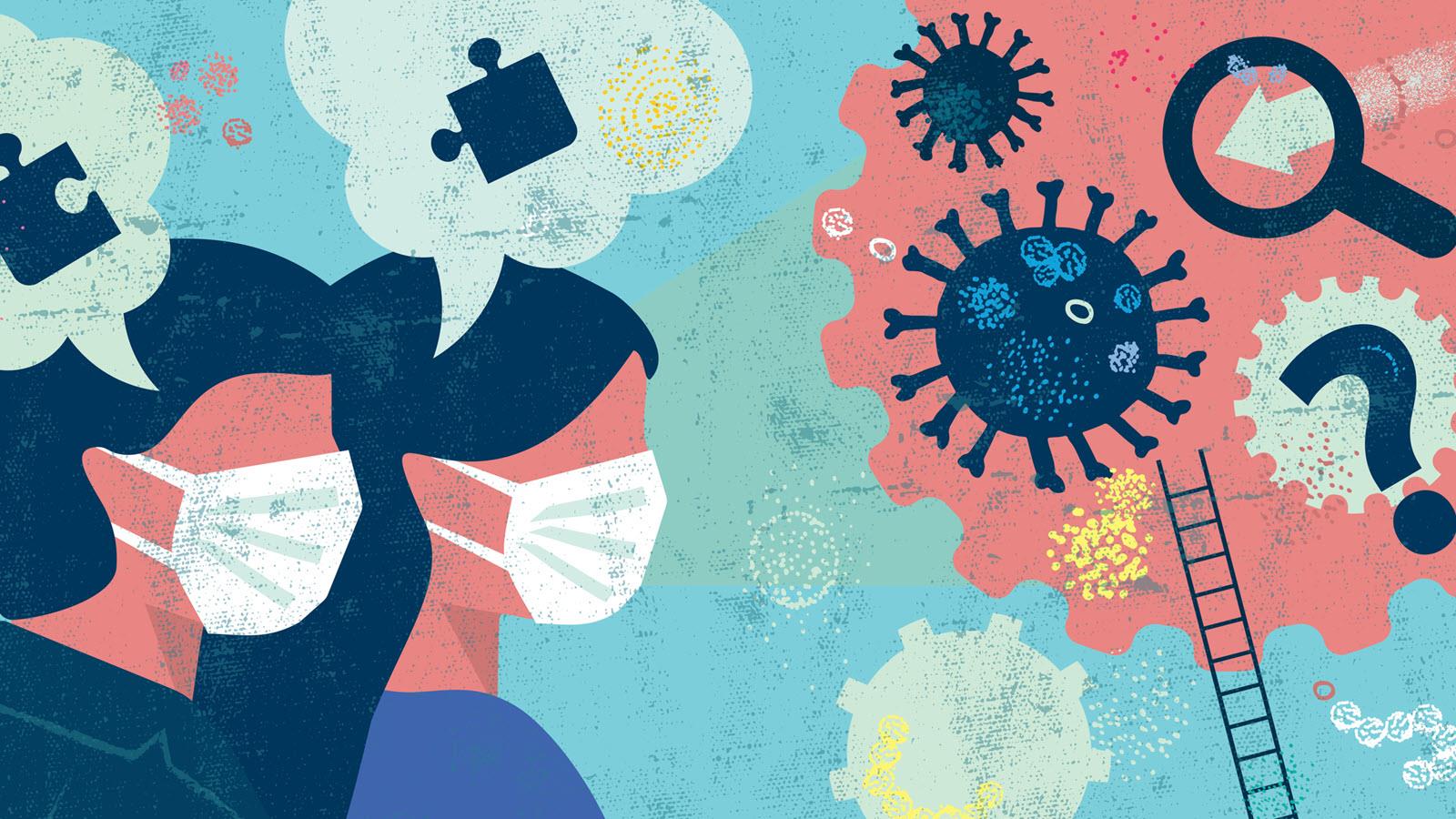People who have faulty immune systems are especially worried about the persistent threat of COVID-19, an infection caused by a novel virus. But a Philadelphia immunologist, and advisor to the Immune Deficiency Foundation, recently offered a small dose of good news.
Though there are more than 400 types of primary immunodeficiencies (PID), only a few conditions appear to put people at increased risk of getting seriously ill and dying from the infection, said Dr. Kathleen Sullivan, Chief of Allergy and Immunology at the Children’s Hospital of Philadelphia. Sullivan studied morbidity data and concluded that while COVID-19 remains a serious health threat for everyone, only a few kinds of PIDs put patients at significant, additional risk.
“I’m going to try to paint a picture that’s largely reassuring,” Sullivan said during an IDF online presentation.
After analyzing the available data, she found that patients who have PIDs involving interferon defects face more risk of dying from COVID-19. What’s interferon? Think of interferon as hormones that “tell all the surroundings cells ‘oh my gosh, there’s a virus and you need to put up your antiviral walls,’” Sullivan said. Though a doctor can’t tell by looking at the patient, a person’s ability to make an interferon response impacts how sick they will get and whether they will recover, she said.
“You can’t really tell at the moment the patient is in the exam room or the emergency room which way they’re going to go and that’s really quite an unusual aspect about this condition,” Sullivan said.
So without the protection afforded by interferon, people get sicker. And those who have “a lot more interferon-stimulated genes” do better, she said.
Nonetheless, all PID patients should continue to take precautions and get vaccinated, Sullivan and her colleague, Dr. Maria Jimena Gutierrez, advised patients. More data is expected soon.
PID patients should get their third shot to maximize their defenses, Gutierrez said. And even when they do, they should continue to take precautions as if they are not vaccinated, including wearing masks and practicing social distancing. She also recommended that the patient’s close contacts (friends and family) get vaccinated, too.



